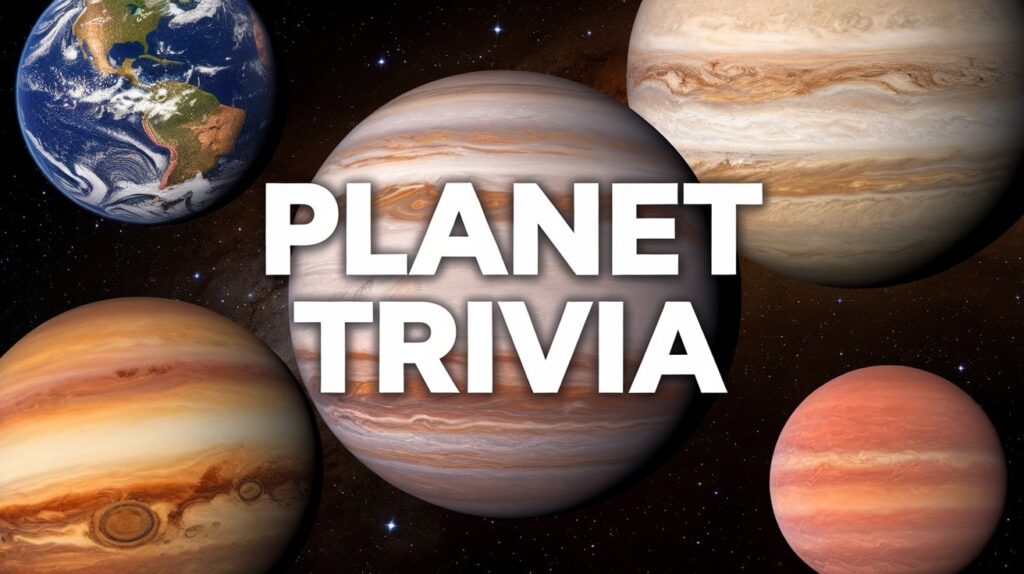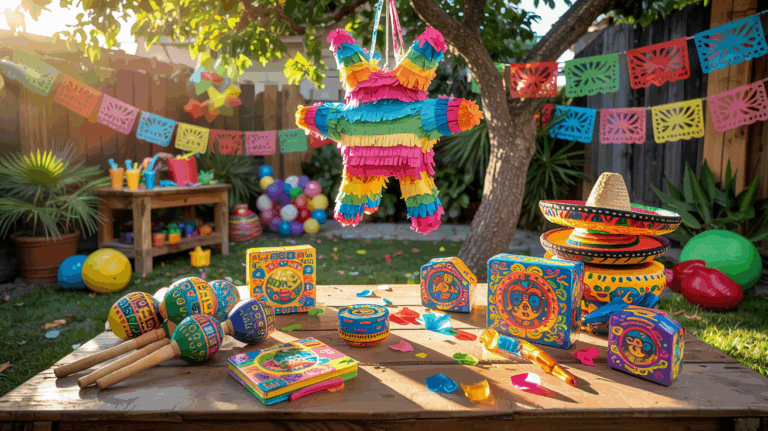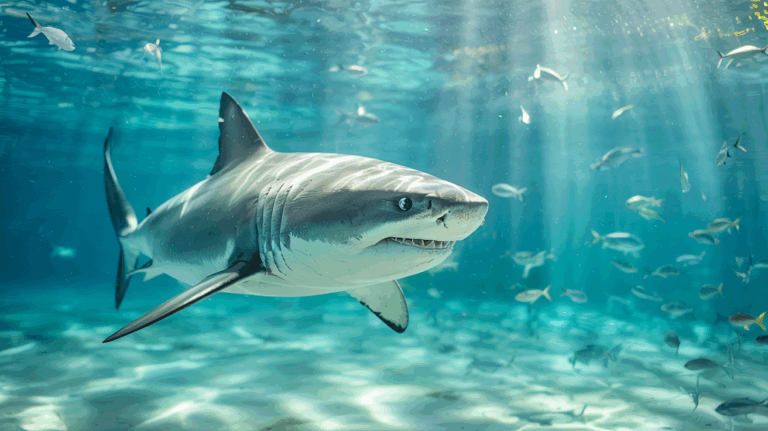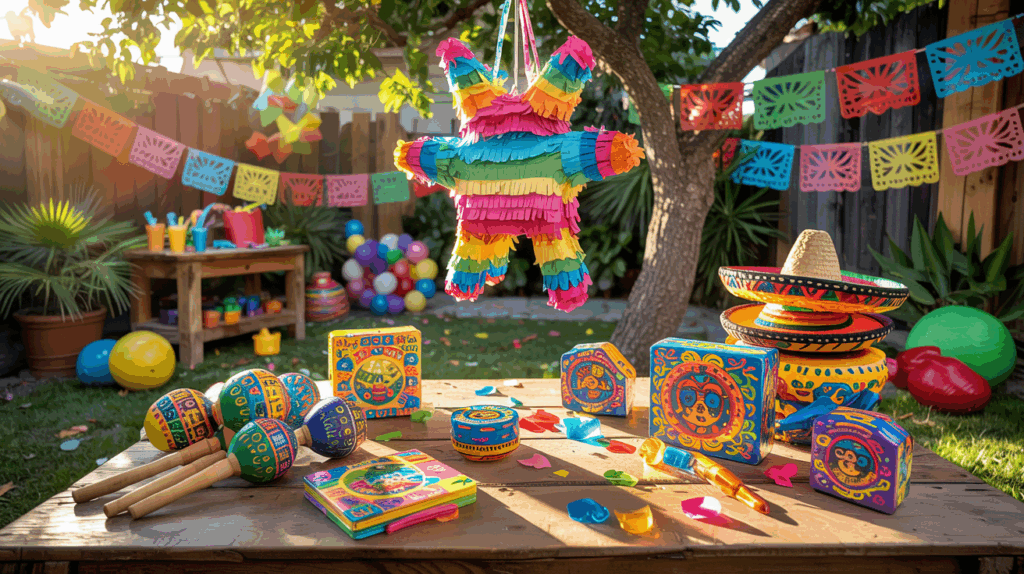Finding good quiz questions about planets can be tough.
Most lists online repeat the same basic facts about Mars being red or Saturn having rings – information that doesn’t spark much interest or invite deeper exploration of our solar system.
But it doesn’t have to be this way. We’ve put together a carefully researched collection of lesser-known planet facts and questions that will make your quiz stand out. These aren’t your typical space trivia questions.
In this article, you’ll find 130+ fascinating questions about planets, ranging from basic astronomy to little-known details about planetary moons, atmospheres, and unique features.
Perfect for teachers, quiz creators, or anyone who wants to test their space knowledge.
Mercury Trivia
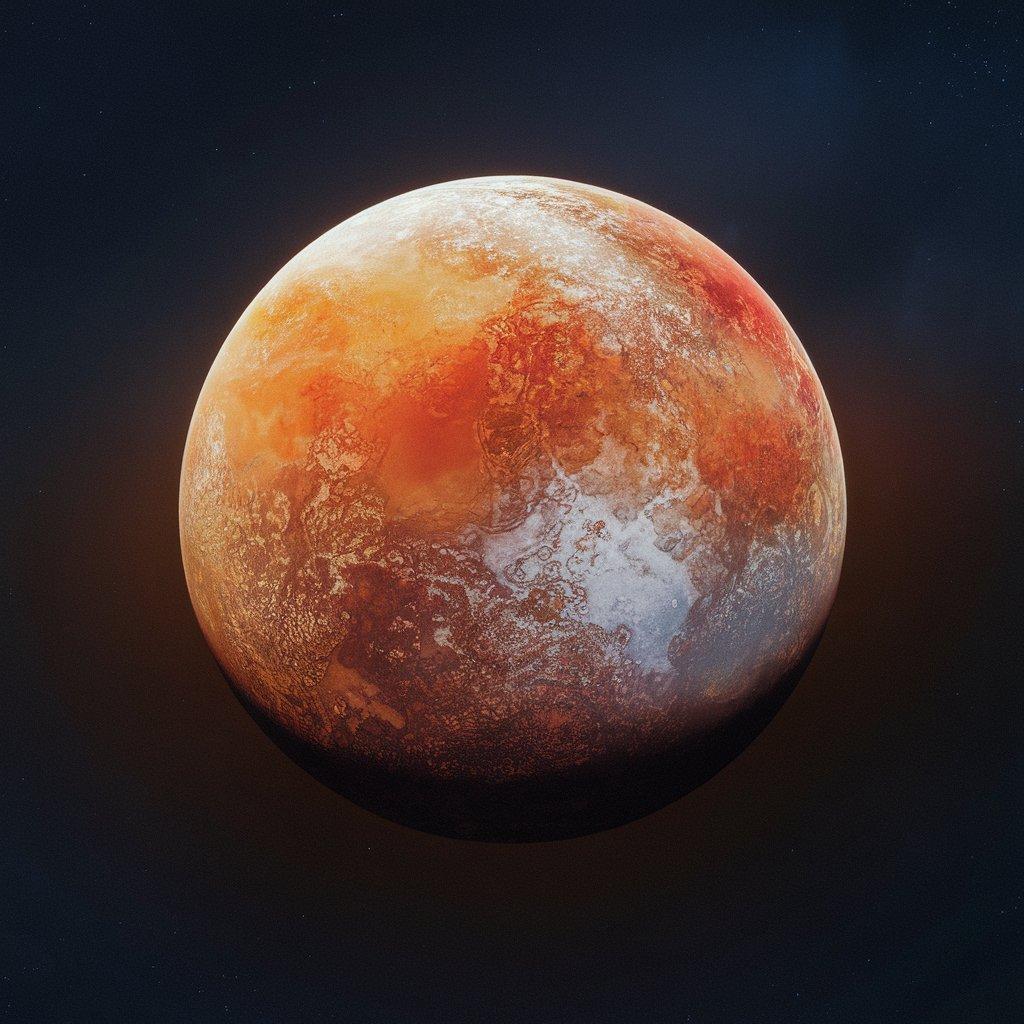
- Q: What planet is closest to the Sun?
A: Mercury. - Q: How long is a year on Mercury?
A: 88 Earth days. - Q: Does Mercury have any moons?
A: No. - Q: What is the temperature range on Mercury?
A: Between -173°C and 427°C. - Q: What spacecraft first visited Mercury?
A: Mariner 10.
Venus Trivia
- Q: Which planet is the hottest in the solar system?
A: Venus. - Q: Why is Venus so bright in the night sky?
A: Its thick clouds reflect sunlight efficiently. - Q: How long is a day on Venus compared to its year?
A: A day is longer than a year. - Q: What is Venus’s atmosphere mostly made of?
A: Carbon dioxide. - Q: What is the surface pressure on Venus compared to Earth?
A: About 90 times higher.
Earth Trivia
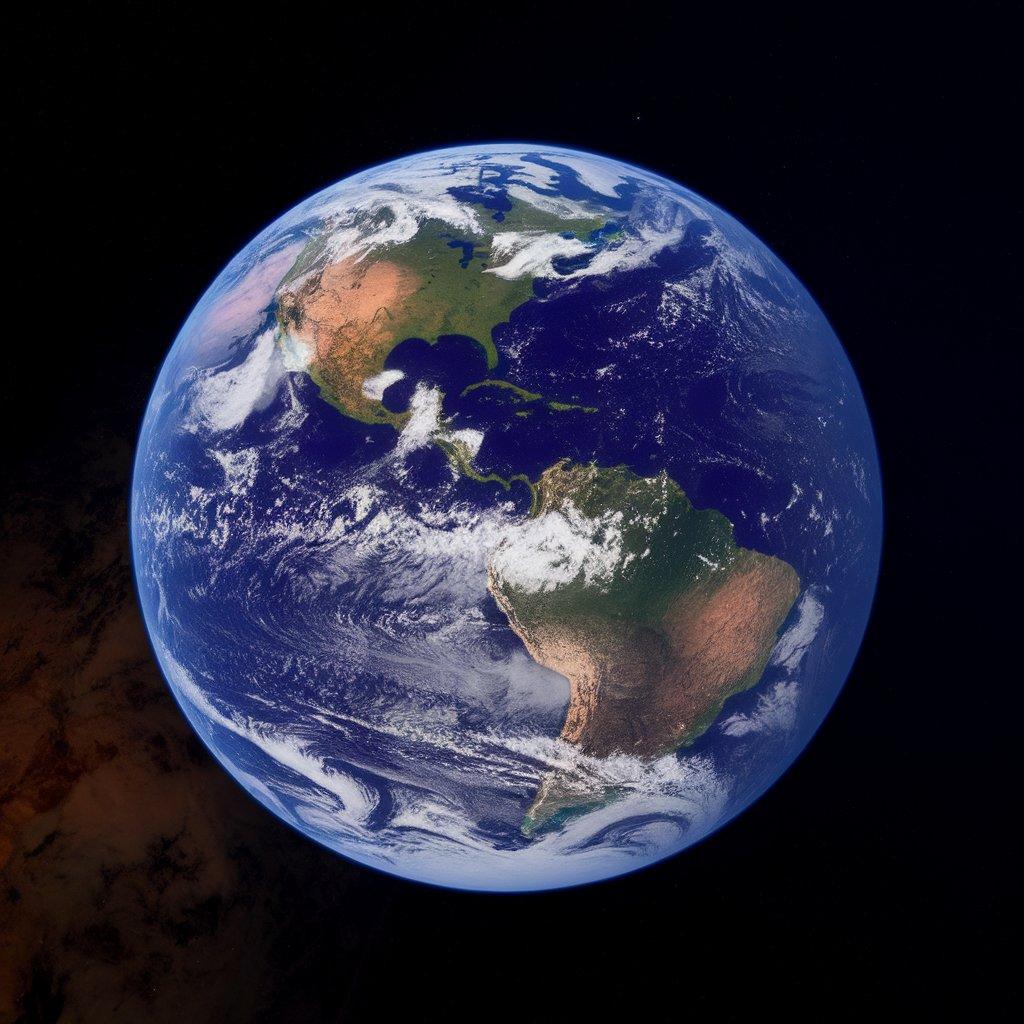
- Q: What is Earth’s largest satellite?
A: The Moon. - Q: What percentage of Earth’s surface is water?
A: About 71%. - Q: What is Earth’s nickname based on its appearance from space?
A: The Blue Planet. - Q: What causes Earth’s magnetic field?
A: Movement of molten iron in its outer core. - Q: How long does it take for light from the Sun to reach Earth?
A: Approximately 8 minutes and 20 seconds.
Mars Trivia
- Q: What is Mars’s nickname?
A: The Red Planet. - Q: What is the tallest volcano in the solar system, found on Mars?
A: Olympus Mons. - Q: Does Mars have liquid water on its surface today?
A: No, but it has evidence of past water. - Q: What are the names of Mars’s two moons?
A: Phobos and Deimos. - Q: What is the average temperature on Mars?
A: Around -60°C.
Jupiter Trivia
- Q: What is the largest planet in our solar system?
A: Jupiter. - Q: What is the Great Red Spot on Jupiter?
A: A giant storm. - Q: How many moons does Jupiter have?
A: 92 confirmed moons (as of 2024). - Q: What are Jupiter’s four largest moons called?
A: The Galilean moons: Io, Europa, Ganymede, and Callisto. - Q: Is Jupiter a gas giant or a terrestrial planet?
A: A gas giant.
Saturn Trivia
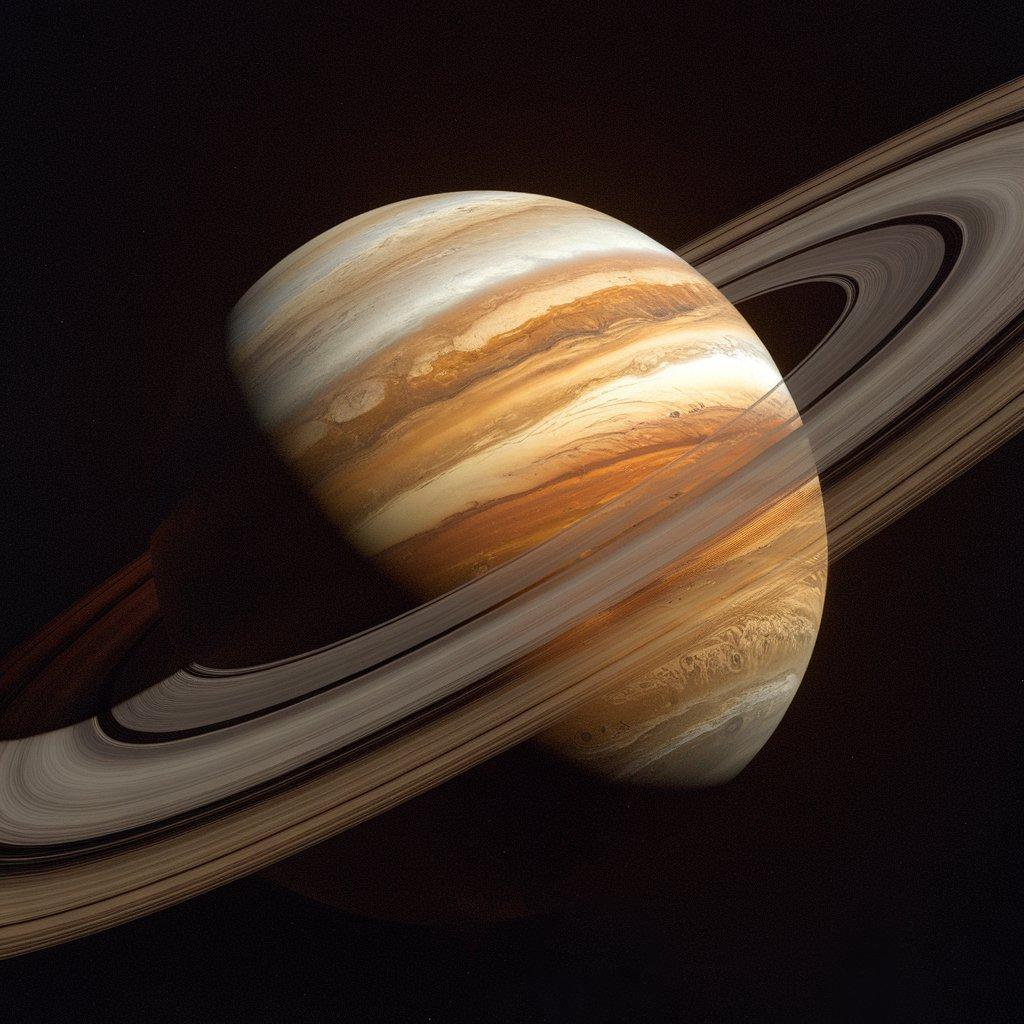
- Q: What is Saturn most famous for?
A: Its prominent ring system. - Q: What is Saturn’s largest moon?
A: Titan. - Q: What are Saturn’s rings mostly made of?
A: Ice and rock particles. - Q: Can Saturn float on water?
A: Yes, due to its low density. - Q: How long is a day on Saturn?
A: About 10.7 Earth hours.
Uranus Trivia
- Q: What is unusual about Uranus’s rotation?
A: It rotates on its side. - Q: What gives Uranus its blue color?
A: Methane in its atmosphere. - Q: How many moons does Uranus have?
A: 27 known moons. - Q: Who discovered Uranus?
A: William Herschel in 1781. - Q: Is Uranus a gas or ice giant?
A: An ice giant.
Neptune Trivia
- Q: What is the farthest planet from the Sun?
A: Neptune. - Q: What is the strongest wind speed recorded on Neptune?
A: Over 2,100 km/h. - Q: Does Neptune have a Great Dark Spot?
A: Yes, it’s a storm similar to Jupiter’s Great Red Spot. - Q: What is Neptune’s largest moon?
A: Triton. - Q: When was Neptune discovered?
A: In 1846.
General Planet Trivia
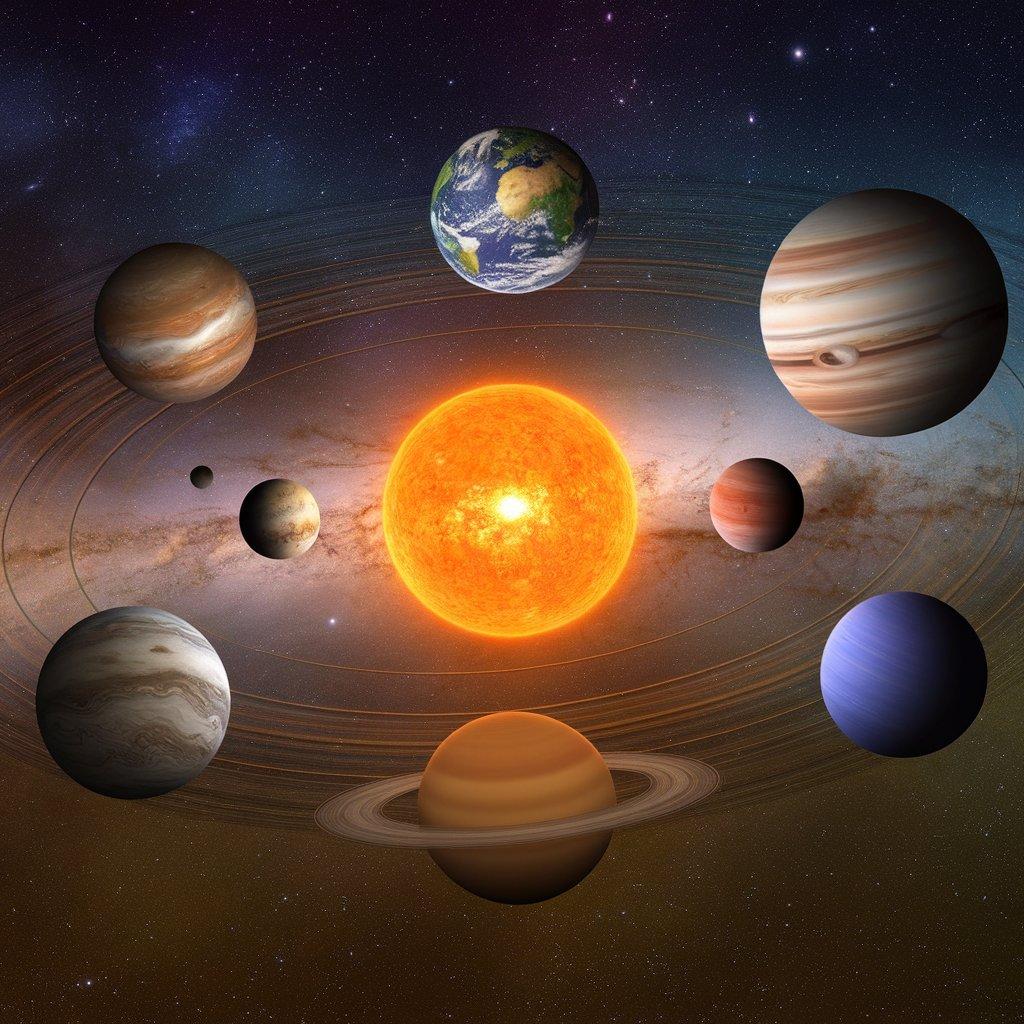
- Q: Which planet has the most moons?
A: Jupiter. - Q: Which planet has the shortest day?
A: Jupiter. - Q: Which planet has the longest day?
A: Venus. - Q: Which planet is known for its seasons like Earth?
A: Mars. - Q: Which planet could theoretically float in water?
A: Saturn.
Extrasolar Planets (Exoplanets) Trivia
- Q: What is an exoplanet?
A: A planet outside our solar system. - Q: Which was the first exoplanet discovered?
A: 51 Pegasi b in 1995. - Q: What is the habitable zone?
A: The region where conditions may support liquid water. - Q: What is the largest type of exoplanet called?
A: Gas giants or “hot Jupiters.” - Q: How are exoplanets detected?
A: Methods like transit photometry and radial velocity.
General Solar System Trivia (Continued)
- Q: Which planet has the largest volcano in the solar system?
A: Mars (Olympus Mons). - Q: Which planet spins the fastest on its axis?
A: Jupiter. - Q: Which planet is known as the “Evening Star”?
A: Venus. - Q: What is the smallest planet in the solar system?
A: Mercury. - Q: Which planet has rings besides Saturn?
A: Jupiter, Uranus, and Neptune. - Q: Which planet has a tilted axis of almost 98 degrees?
A: Uranus. - Q: What is the name of the boundary between the Sun’s solar wind and interstellar space?
A: The heliopause. - Q: What is the region beyond Neptune filled with icy bodies called?
A: The Kuiper Belt. - Q: What is the most Earth-like moon in the solar system?
A: Titan (Saturn’s largest moon). - Q: What planet has a “hexagon-shaped storm” at its pole?
A: Saturn.
Dwarf Planet Trivia
- Q: What is the most famous dwarf planet?
A: Pluto. - Q: How many officially recognized dwarf planets are in the solar system?
A: Five (Pluto, Ceres, Eris, Haumea, and Makemake). - Q: Which is the largest dwarf planet?
A: Pluto. - Q: Where is Ceres located?
A: In the asteroid belt between Mars and Jupiter. - Q: What shape is Haumea known for?
A: An elongated shape. - Q: When was Pluto demoted to dwarf planet status?
A: 2006. - Q: Which dwarf planet has a moon named Dysnomia?
A: Eris. - Q: Which dwarf planet is known to have rings?
A: Haumea. - Q: How many moons does Pluto have?
A: Five. - Q: What mission was sent to study Pluto up close?
A: NASA’s New Horizons.
Moon Trivia
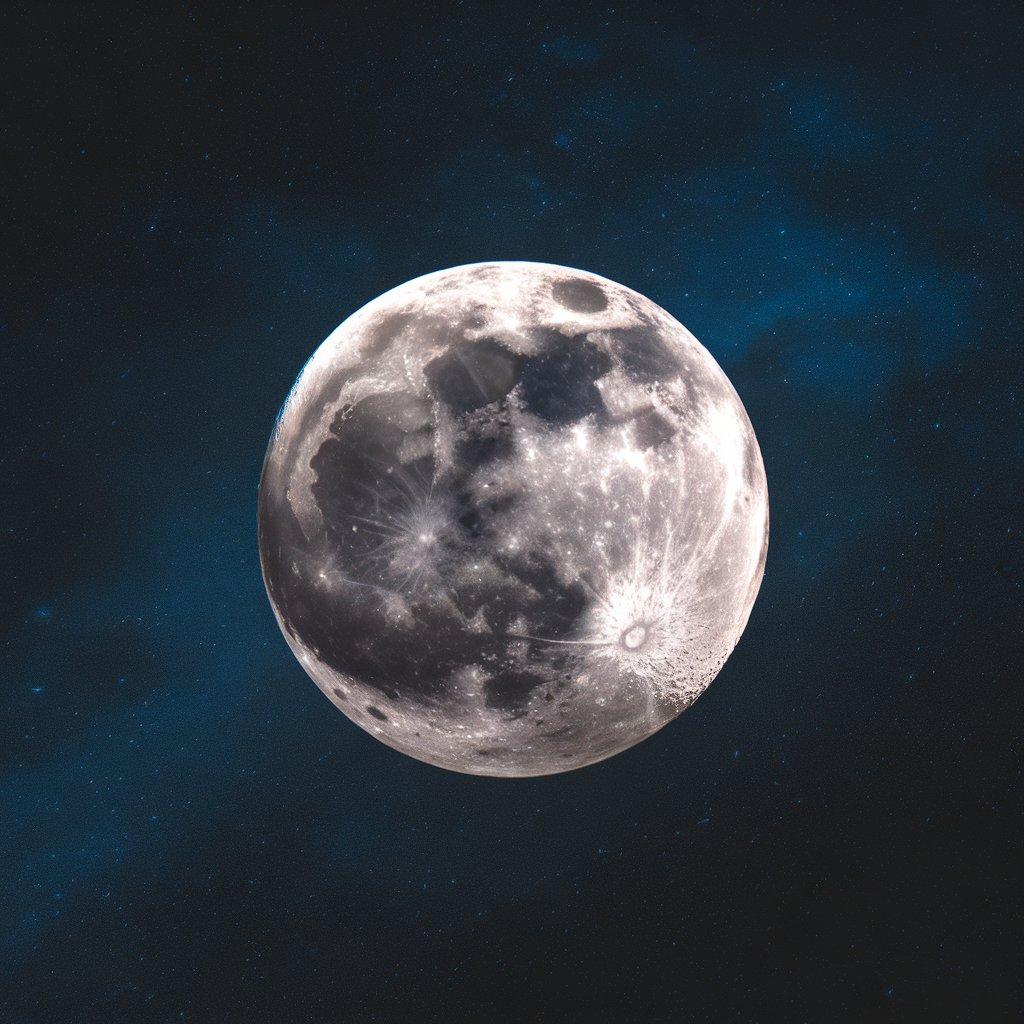
- Q: Which planet has the largest moon in the solar system?
A: Jupiter (Ganymede). - Q: Which moon is thought to have a subsurface ocean?
A: Europa (Jupiter’s moon). - Q: What is the name of Earth’s Moon?
A: It is simply called “The Moon.” - Q: Which moon has a dense atmosphere?
A: Titan (Saturn’s moon). - Q: What is the name of Neptune’s largest moon?
A: Triton. - Q: Which moon is the most volcanically active?
A: Io (Jupiter’s moon). - Q: What is the coldest known object in the solar system?
A: Triton (Neptune’s moon). - Q: What is the smallest moon in the solar system?
A: Deimos (Mars’s moon). - Q: Which moon has geysers of water shooting into space?
A: Enceladus (Saturn’s moon). - Q: Which moon is bigger than the planet Mercury?
A: Ganymede.
Planetary Atmosphere Trivia
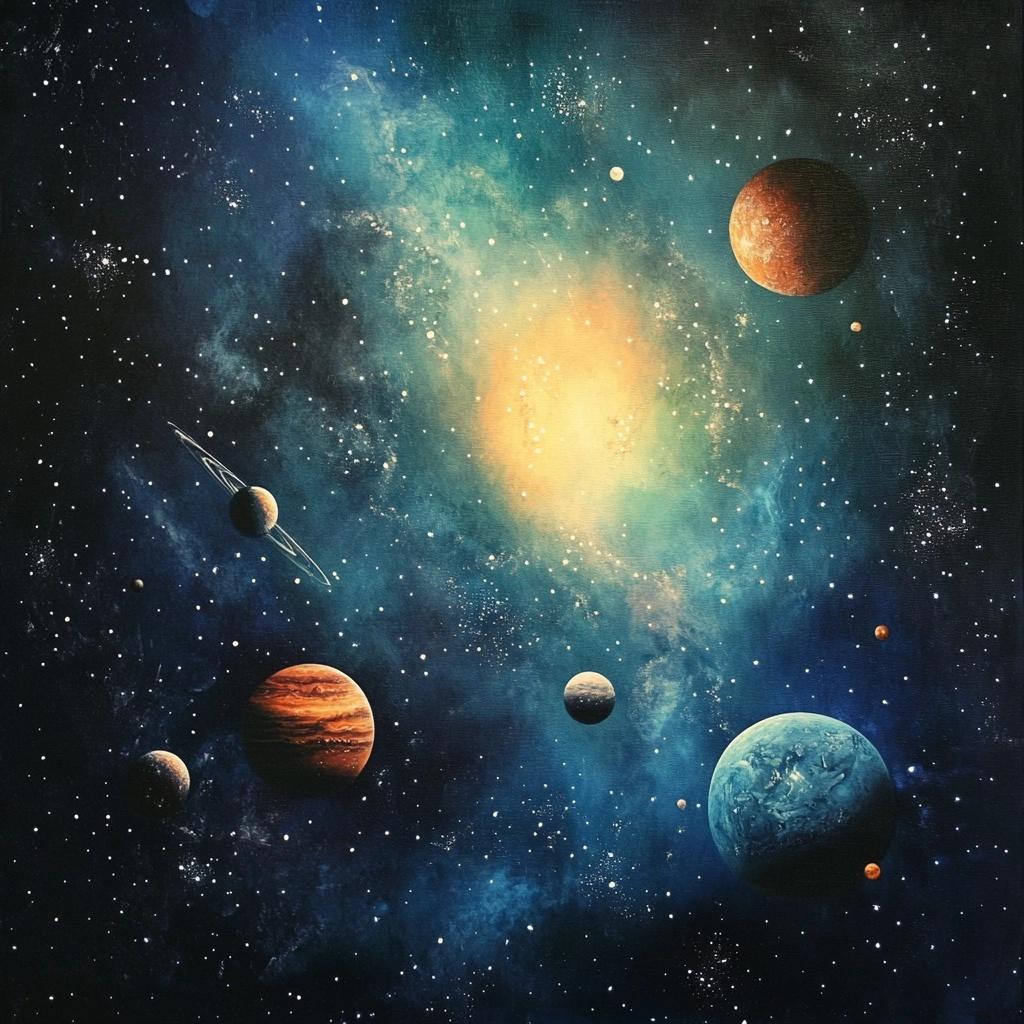
- Q: Which planet’s atmosphere is mostly nitrogen, like Earth’s?
A: Titan (Saturn’s moon). - Q: Which planet has the thinnest atmosphere?
A: Mercury. - Q: What is the main component of Venus’s atmosphere?
A: Carbon dioxide. - Q: Which planet has methane clouds?
A: Uranus and Neptune. - Q: Which planet’s atmosphere contains the most oxygen?
A: Earth. - Q: What causes the orange-red color of Mars’s surface?
A: Iron oxide (rust). - Q: Which gas is responsible for Uranus’s blue color?
A: Methane. - Q: Does Pluto have an atmosphere?
A: Yes, a thin one made of nitrogen, methane, and carbon monoxide. - Q: Which planet has the strongest magnetic field?
A: Jupiter. - Q: How does Venus’s atmosphere cause its high temperatures?
A: A runaway greenhouse effect.
Fun and Unique Facts
- Q: What is the smallest gas giant in the solar system?
A: Neptune. - Q: Which planet rotates fastest?
A: Jupiter. - Q: What planet has a surface gravity closest to Earth?
A: Venus. - Q: What planet is known as the “Morning Star”?
A: Venus. - Q: Which planet is named after the Roman god of agriculture?
A: Saturn. - Q: What planet takes the longest to orbit the Sun?
A: Neptune. - Q: Which planet is the densest in the solar system?
A: Earth. - Q: Which planet is named after the Roman god of war?
A: Mars. - Q: What planet’s name comes from the Greek god Ouranos?
A: Uranus. - Q: Which planet has the most eccentric orbit?
A: Mercury.
Planetary Exploration Trivia
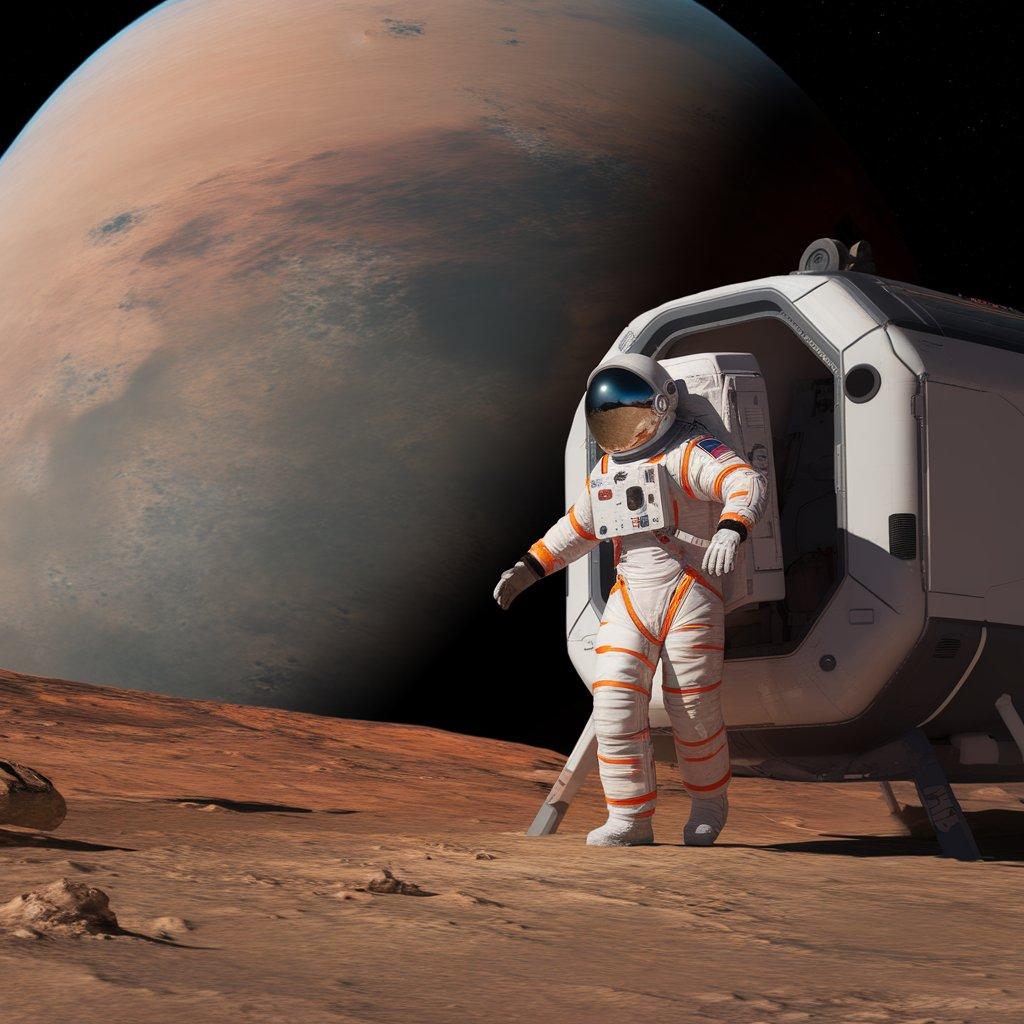
- Q: What was the first planet explored by a spacecraft?
A: Venus (by Mariner 2 in 1962). - Q: What was the first human-made object to leave the solar system?
A: Voyager 1. - Q: Which rover first landed on Mars?
A: Sojourner (in 1997, as part of the Mars Pathfinder mission). - Q: What mission was the first to orbit Mercury?
A: MESSENGER. - Q: Which spacecraft took the famous “Pale Blue Dot” photograph of Earth?
A: Voyager 1. - Q: What is the name of the first spacecraft to explore Jupiter?
A: Pioneer 10. - Q: Which spacecraft studied Saturn and its moons extensively?
A: Cassini. - Q: Which mission provided the first close-up images of Pluto?
A: New Horizons. - Q: What spacecraft was the first to orbit Venus?
A: Magellan. - Q: What was the first spacecraft to land on an asteroid?
A: NEAR Shoemaker.
Gravity and Orbital Trivia
- Q: Which planet has the strongest gravitational pull?
A: Jupiter. - Q: What keeps planets in orbit around the Sun?
A: The Sun’s gravity. - Q: Which planet has the weakest gravity?
A: Mercury. - Q: What is the term for the path a planet takes around the Sun?
A: Orbit. - Q: What force causes tides on Earth?
A: The Moon’s gravity. - Q: Which planet’s orbit is nearly a perfect circle?
A: Venus. - Q: What is the average distance between Earth and the Sun called?
A: One astronomical unit (AU). - Q: What is the term for when a planet is closest to the Sun in its orbit?
A: Perihelion. - Q: What is the term for when a planet is farthest from the Sun?
A: Aphelion. - Q: Which planet’s gravity is most similar to Earth’s?
A: Venus.
Planetary Features Trivia
- Q: Which planet has the largest canyon in the solar system?
A: Mars (Valles Marineris). - Q: What is the name of the largest mountain on Earth?
A: Mount Everest. - Q: What is the term for a planet’s solid, rocky surface?
A: Crust. - Q: Which planet is known for having polar ice caps made of dry ice?
A: Mars. - Q: Which planet has the smoothest surface?
A: Europa (a moon of Jupiter). - Q: What is the Great Red Spot on Jupiter?
A: A massive storm. - Q: What feature of Neptune is similar to Jupiter’s Great Red Spot?
A: The Great Dark Spot. - Q: Which planet’s surface is covered with sulfuric acid clouds?
A: Venus. - Q: What planet has dark rings made of dust?
A: Uranus. - Q: Which planet has a “ring rain” phenomenon?
A: Saturn.
Temperature and Weather Trivia
- Q: Which planet is the hottest in the solar system?
A: Venus. - Q: Which planet is the coldest?
A: Uranus. - Q: Which planet has the most extreme temperature variations?
A: Mercury. - Q: What planet has wind speeds exceeding 2,100 km/h?
A: Neptune. - Q: Which planet experiences massive dust storms that can last for weeks?
A: Mars. - Q: Which planet has the longest-lasting storm known in the solar system?
A: Jupiter (Great Red Spot). - Q: Which planet has the most stable and mild climate?
A: Earth. - Q: What planet has ice volcanoes?
A: Pluto and Triton (Neptune’s moon). - Q: Which planet’s polar regions experience 42 years of daylight and 42 years of darkness?
A: Uranus. - Q: What planet has a greenhouse effect that keeps its surface extremely hot?
A: Venus.
Interesting Discoveries
- Q: What was the first planet discovered with a telescope?
A: Uranus. - Q: Which planet was first predicted mathematically before it was observed?
A: Neptune. - Q: Who was the first to suggest the Sun is at the center of the solar system?
A: Nicolaus Copernicus. - Q: Which planet is named after the Roman god of the sea?
A: Neptune. - Q: Which planet had its atmosphere discovered by spectroscopy?
A: Venus. - Q: What is the name of the theory that explains the formation of the solar system?
A: The Nebular Hypothesis. - Q: What phenomenon occurs when a planet passes in front of its star as seen from Earth?
A: A transit. - Q: Which moon is believed to have an ocean under its icy crust?
A: Europa (Jupiter’s moon). - Q: Which space mission discovered the first exoplanet?
A: The Doppler Spectroscopy Method (first confirmed exoplanet, 51 Pegasi b). - Q: What planet’s name is derived from Greek mythology instead of Roman?
A: Uranus.
Conclusion
Exploring our solar system through these trivia questions shows us how much science has taught us about our cosmic neighbors.
Each planet tells its own story – from Mercury’s scorching days to the icy mysteries of Neptune.
These questions help us understand not just the planets but also how human curiosity and determination have expanded our knowledge of space.
Why does this matter? Because every new fact we learn about our solar system helps us better understand our place in it. These discoveries remind us that we’re part of something bigger than ourselves.
Ready to put your knowledge to the test? Share these questions at your next quiz night, use them in your classroom, or challenge your friends.
Better yet, leave a comment below with your favorite planet fact – let’s learn from each other!

